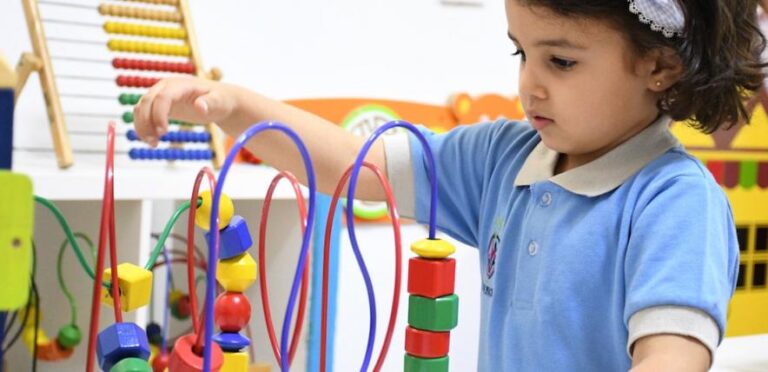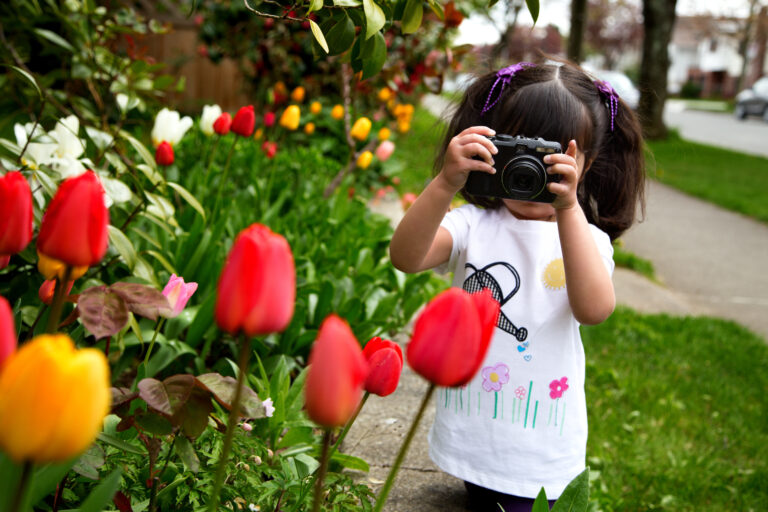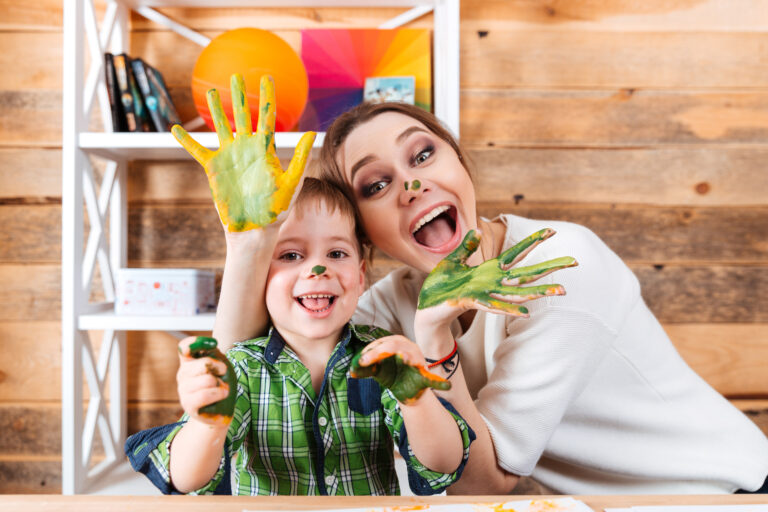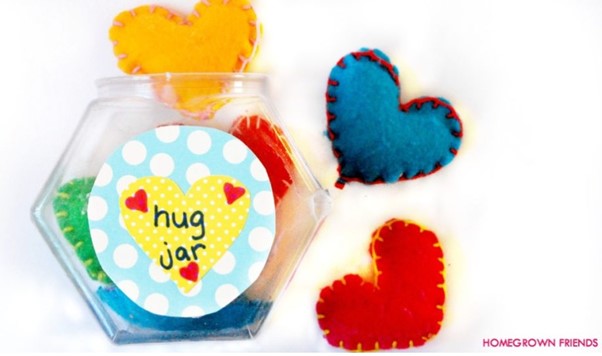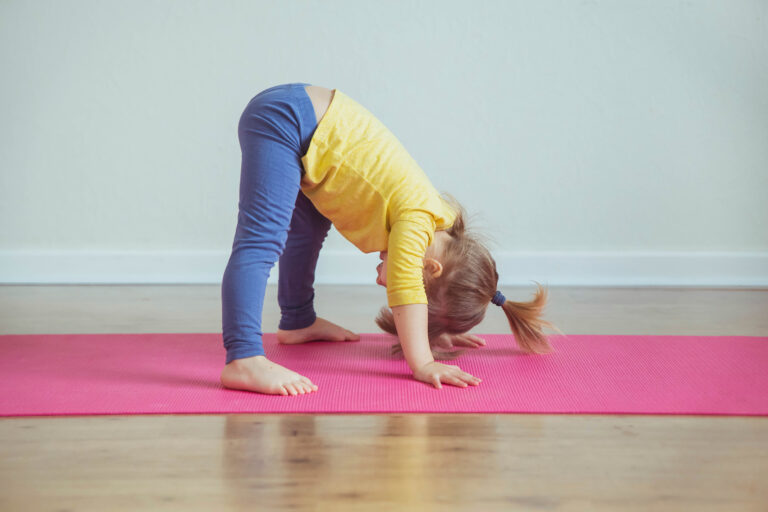In the hectic days of caring for a young child, it can be easy to lose sight of the fundamental importance of your own happiness and general wellbeing.
Yet there is a very strong link between children’s wellbeing and that of their parents, so it’s important to take some time to put yourself first occasionally, safe in the knowledge that by looking after yourself you are improving the wellbeing of your children.
Be kind to yourself
Parenting is a huge adjustment for everybody, and many parents just assume it will come naturally, when the reality is that for most of us, parenting involves a complex set of skills that are rarely tested until we bring our children into the world and bring them up as best we can. Some days can feel like a real struggle. These are the times that we need to consider our own needs as well as those of our families.
In order to keep some all-important balance in our lives and keep ourselves sane at the most challenging moments of parenting, it can be useful to remind ourselves of the following whenever we feel stretched:
- Nobody is perfect. All parents have bad times as well as good times.
- Parenting is a steep learning curve and mistakes are inevitable.
- Asking for help and advice doesn’t make you a failure it makes you wise and resourceful.
- Tomorrow is another day! If today was hard, try a fresh approach tomorrow.
If you are finding it difficult to get through the week without regularly getting upset or angry, it’s definitely time to look at getting some balance back.
These small things have been shown to have a positive effect on mood and wellbeing when the going gets tough:
Eating well
It’s so tempting when you feel exhausted to rely on quick energy fixes such as biscuits and chocolate, but in fact any lift you may feel after a sweet treat quickly wears off, leaving you hungry, tired and feeling guilty. Limit treats and stick to fresh and healthy foods for a long lasting boost to energy and wellbeing.
Taking time out
Don’t always fill free time with jobs and chores. If the children are at preschool or simply napping, don’t feel guilty about putting some of that child-free time aside to relax, soak in the bath, watch TV, read a book or chat on the phone. Time for ourselves is essential, especially when feeling worn out or overwhelmed. The ironing can wait.
Keeping active
Build some activity (outdoors if possible) into your daily routine. A great mood booster and so good for your physical wellbeing too.
Getting plenty of sleep
Okay this is sometimes challenging with little ones making demands around the clock, but simply going to bed earlier or having a lie-down when your child naps can really help. A well-rested parent is far better at overcoming life’s little battles.
Quality time
By simply spending some time focused on each other doing something fun, the wellbeing of the whole family improves. Take a walk together, go on a day out, or simply cook or create something together. Quality time doing something rewarding has been proven to have a lasting positive impact on the wellbeing and happiness of parents and children alike.
Get your 5-a-day
Much like the 5 portions of fruit and vegetables we should try to eat each day for physical wellbeing, the NHS has come up with another 5-a-day intended to boost mental wellbeing. These are:
- Be mindful – maintain self-awareness and try to learn what triggers your positive or negative feelings.
- Connect – interact with others and belong to a community or family.
- Exercise – get that daily dose of activity.
- Learn something new – learning keeps our minds active and helps with self-esteem.
- Give to others – do something to help others, even helping somebody cross the road counts.
As children’s wellbeing is so closely linked to their parents’ wellbeing, you can rest assured that any investment you make in your own wellbeing — including that long hot bath or that peaceful hour reading a magazine — is definitely beneficial for the whole family.
Don’t underestimate the importance of your own health and happiness, and take steps to address the balance if you are feeling stressed, anxious or angry.
Most importantly of all, never feel ashamed to ask for help when you need it. Services that support parents are not there to judge, criticise, or label you a bad parent. Getting support at the right time can really make a difference when you need it the most – your local children’s centre will have a wealth of information and resources to help you, including information about local help which is available to you, or you can always speak to your local health visitor or GP. You can also check out the links under further information (at the end of this blog) to find further help and support.
Further information
https://www.bbc.co.uk/tiny-happy-people/parent-wellbeing
Written for the Pre-school Learning Alliance by Martha Hales.





